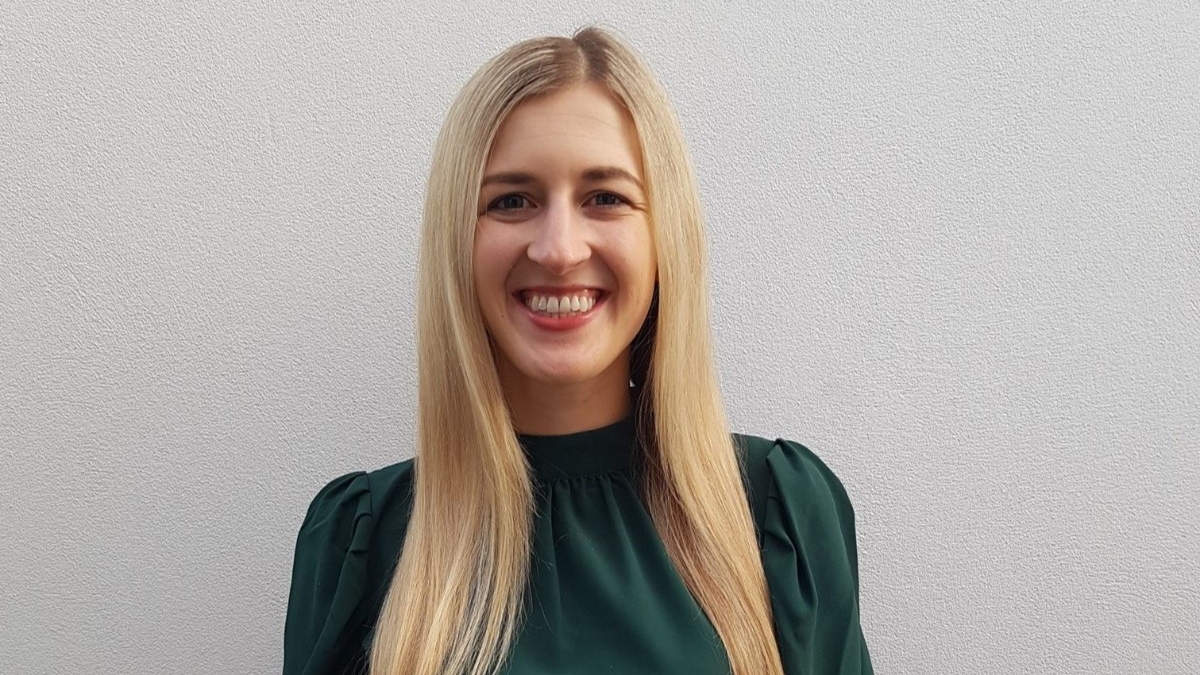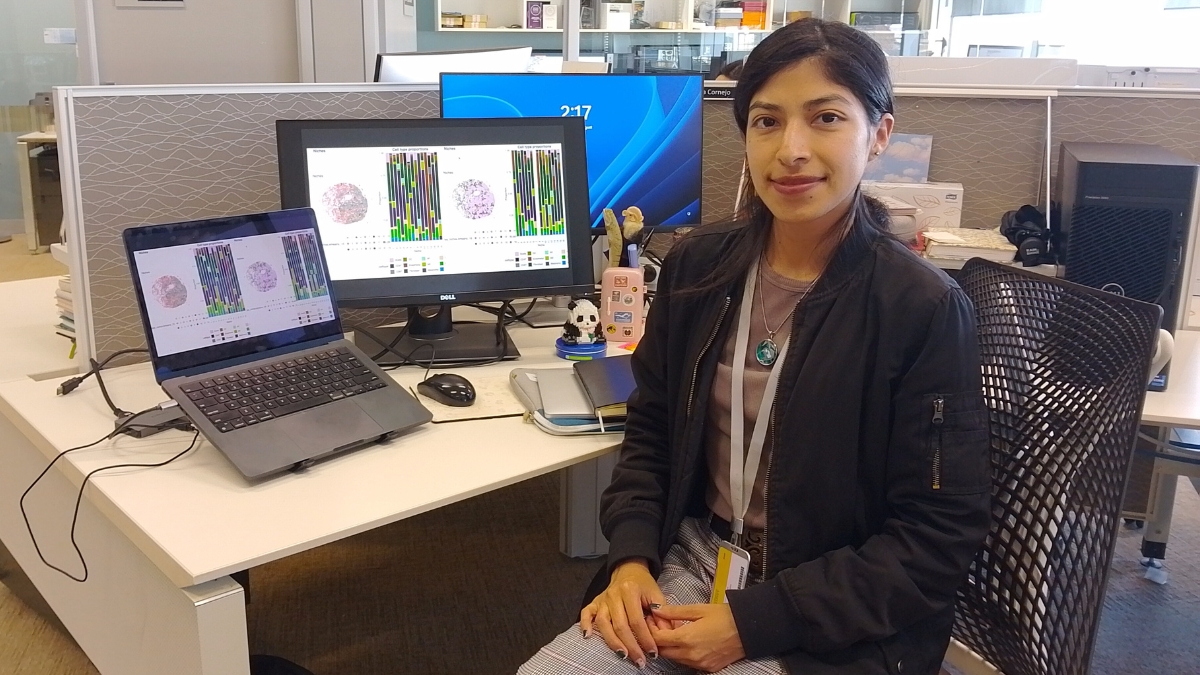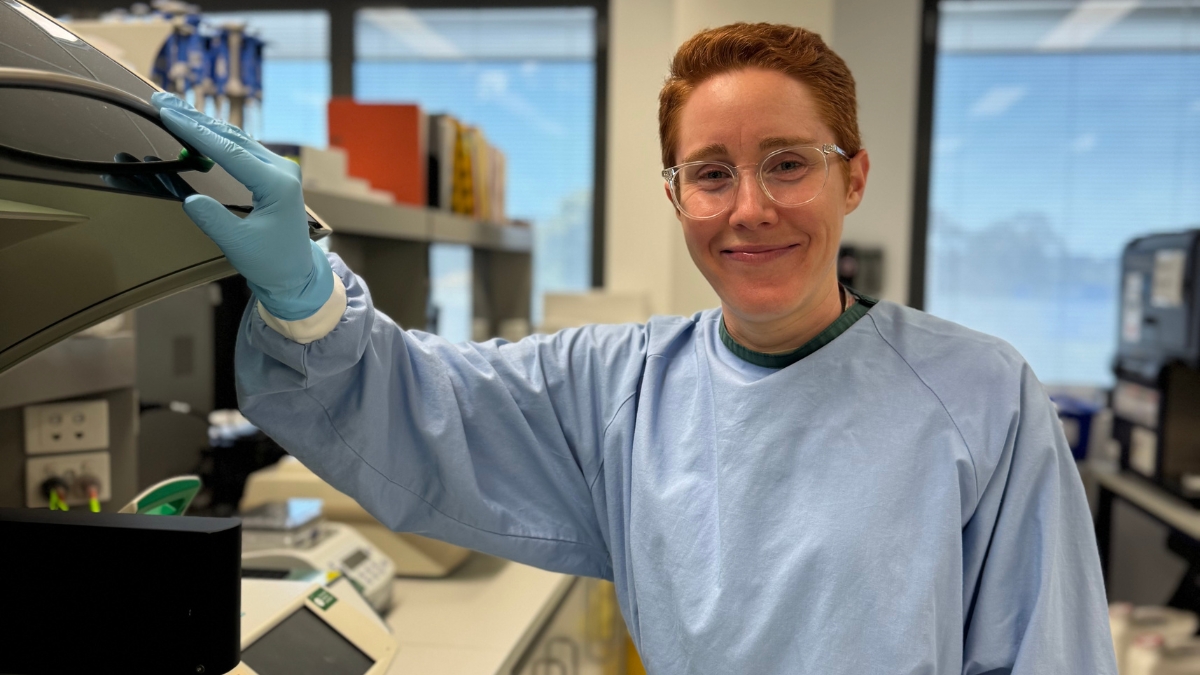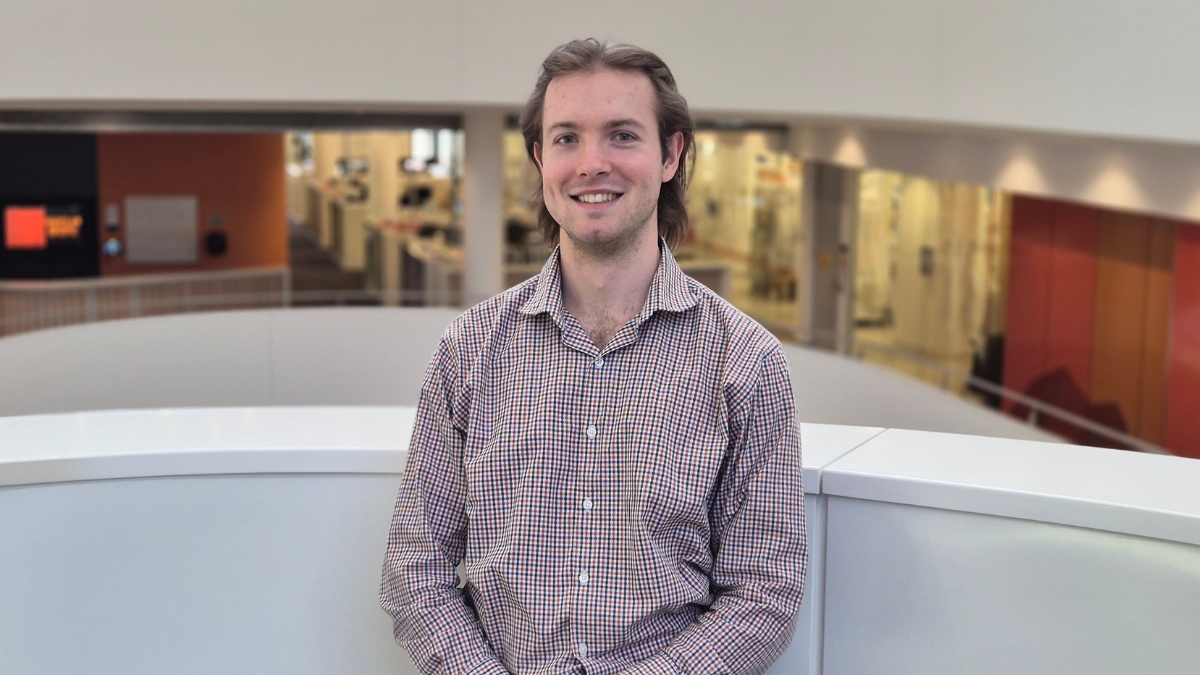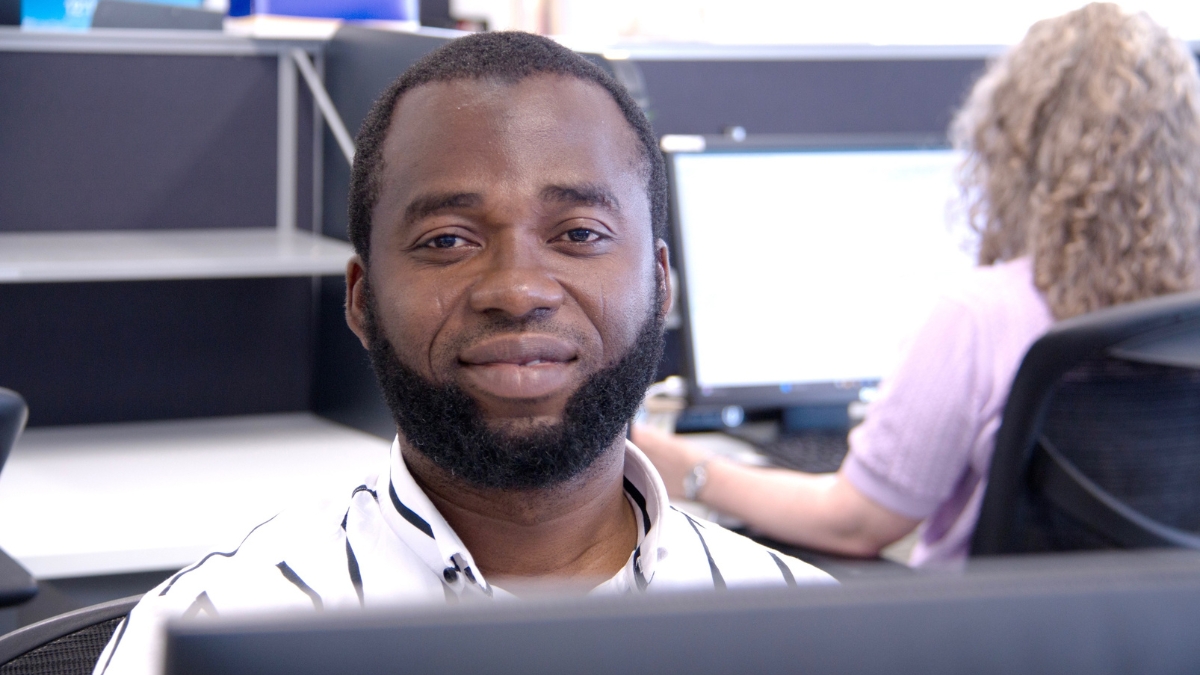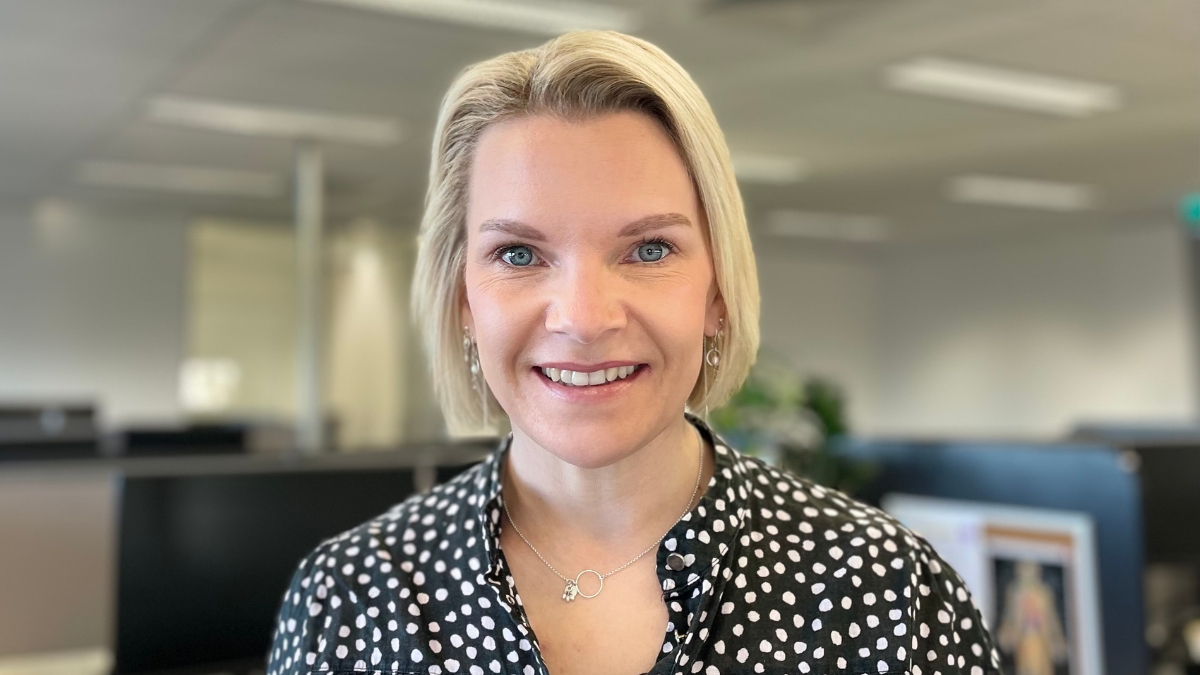Désirée Sexauer is a PhD student at Edith Cowan University Joondalup campus in WA, and is a recipient of a Melanoma Institute Australia Postgraduate Research Scholarship. In a competitive application process, Désirée received funding in the form of a top-up scholarship in 2023. Applicants are ranked on track record, quality of research project and its significance, and level of engagement with MIA. Get to know Desiree and her work as she answers our questions about her research and scholarship, plus shares some personal insights.
What are you researching?
My research focuses on identifying specific biological markers, known as biomarkers, to detect melanoma brain metastasis. Once the melanoma spreads to the brain it can lead to serious health issues. Early detection is crucial for improving treatment and survival rates.
What are some challenges you are facing in your research, and how are you overcoming this?
One major challenge in detecting these biomarkers is the blood-brain barrier, which acts as a protective shield around the brain and makes it difficult for substances, including biomarkers, to be detected in the blood. To overcome this, my research uses a multiomic approach. This means I analyse multiple types of biological data, such as DNA, RNA and proteins, to get a comprehensive view of the changes associated with melanoma brain metastasis.
What is the purpose of your research?
By using this multiomic approach, we aim to develop a tool that can be used to screen for brain metastasis at the point of diagnosis of an advanced melanoma. Overall, the goal of my research is to enhance early detection of melanoma brain metastasis, ultimately leading to better patient care and outcomes.
How did you apply for the scholarship?
I gathered and prepared all the necessary documents, which included my academic transcripts, a detailed CV, a list of publications and presentations, a supervisor support letter, and a research proposal. I highlighted the importance of my work, my research methodology, and the potential impact of my findings. Additionally, I added in my active engagement with Melanoma Institute Australia. Due to my involvement with the melanoma community, I was invited to present my masters project and potential PhD project at a MIA WA support group meeting in November 2022. In fact, my PhD project was directly informed by discussions with melanoma patients affected by brain metastases.
What does it mean to you to have received this scholarship?
This scholarship means a lot to me, especially as I navigate the completion of my PhD while balancing the responsibilities of motherhood. It allows me to focus on my research and producing high-quality work without the added stress of financial constraints. Overall, this PhD top-up scholarship acknowledges my work and dedication. It motivates me to excel in my research and successfully navigate the dual roles of a researcher and a mother of a toddler.
How did you get into melanoma research?
I became interested in melanoma research through my undergraduate experience, where a lab demonstrator was part of the university’s melanoma research group. The interest grew stronger after I attended the yearly Melanoma Research Group Student Symposium in December 2019, in which many students presented their research proposals or results on liquid biopsy in the field of melanoma. Subsequently, I pursued my Master by Research starting in early 2020 within the same research group. Over my time as a Master’s student I started to develop a strong interest for brain metastasis research, especially after conversations I had with patients at our regular consumer meetings but also outside of academia when volunteering for Melanoma Institute Australia WA.
To pursue my aspirations in becoming a Medical Scientist and to further research blood-based liquid biopsies for the detection of melanoma brain metastasis, I continued to join the group as a PhD student. I am now in my second year.
What is your favourite part of your work?
My favourite part of the work is always learning new things. The field of melanoma research is constantly evolving, and there’s always something new to discover, whether it’s the latest scientific advancements, innovative techniques, or emerging treatment options. Additionally, collaborating with others in the research community is incredibly rewarding, as it fosters a dynamic exchange of ideas and perspectives that drive progress. Talking with patients and hearing their stories also deeply motivates me, as it underscores the real-world impact of our research and the importance of our efforts to improve patient outcomes.
Describe yourself in one word:
Perseverance.
What’s your favourite quote?
“A ship in harbor is safe, but that is not what ships are built for.” —J. A. Shedd.
What is a book you have enjoyed recently?
“Lessons in Chemistry” by Bonnie Garmus. This novel beautifully combines themes of science, resilience, and empowerment through the journey of Elizabeth Zott, a chemist in the 1960s. It’s a thought-provoking read, with a perfect balance of humour and heartfelt moments, making it both entertaining and inspiring.
